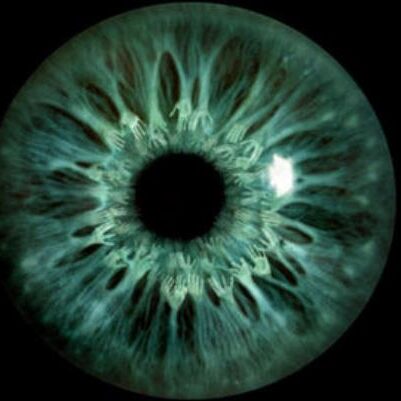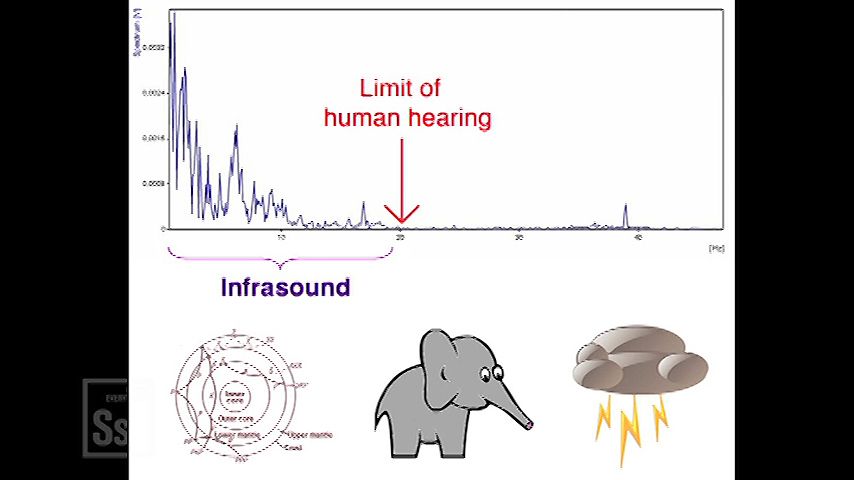In this article, we will explore the explanations that skeptics provide for paranormal occurrences. You will learn about the different perspectives and theories they offer to challenge the belief in the supernatural. By understanding these skeptical viewpoints, you will gain insight into alternative explanations for what may seem inexplicable. Let’s dive into the world of skepticism and paranormal phenomena.
The Nature of Paranormal Occurrences
Definition of paranormal occurrences
Paranormal occurrences refer to events or phenomena that cannot be explained by scientific or rational means. These occurrences often involve inexplicable or supernatural forces and defy the laws of nature as we understand them. From ghostly apparitions to extraterrestrial encounters, the paranormal encompasses a wide range of phenomena that challenge our understanding of the world.
Examples of paranormal phenomena
Paranormal phenomena can take many forms, and throughout history, countless tales of strange occurrences have been documented. Some examples of paranormal phenomena include:
- Ghost sightings: Many people claim to have seen or experienced contact with the spirits of the deceased.
- Telekinesis: The ability to move objects without any physical contact.
- UFO sightings: Unidentified Flying Objects have been reported by individuals who believe they have witnessed extraterrestrial crafts.
- Telepathy: The supposed ability to communicate with others through mind-to-mind communication.
- Near-death experiences: Some individuals who have come close to death report having out-of-body experiences or encounters with divine beings.
- Precognition: The ability to foresee future events before they happen.
Interest and belief in the paranormal
Despite the skepticism surrounding paranormal phenomena, there is a significant level of interest and belief in such occurrences. Many individuals find comfort in the idea of life after death or the existence of otherworldly beings. Belief in the paranormal is often deeply rooted in personal experiences, cultural beliefs, and a desire to find explanations for the unknown.
Understanding Skepticism
What is skepticism?
Skepticism refers to a questioning mindset that seeks logical and evidence-based explanations for phenomena. Skeptics do not outright dismiss paranormal claims, but rather approach them with an analytical and critical perspective. They are cautious in accepting extraordinary claims without sufficient evidence and are open to alternative explanations.
Importance of critical thinking
Critical thinking is a key component of skepticism and is essential for evaluating paranormal occurrences. Being able to critically analyze evidence, evaluate claims, and weigh logical explanations is crucial in understanding the nature of paranormal phenomena. By applying critical thinking skills, skeptics strive to separate fact from fiction and uncover the truth behind paranormal claims.
Skepticism towards paranormal claims
Skeptics often approach paranormal claims with a healthy dose of skepticism. They question the validity of anecdotal evidence, demand rigorous scientific investigation, and may seek alternative explanations rooted in natural, non-supernatural phenomena. While skeptics do not outright deny the possibility of paranormal occurrences, they emphasize the need for a rational and evidence-based approach to understanding these phenomena.
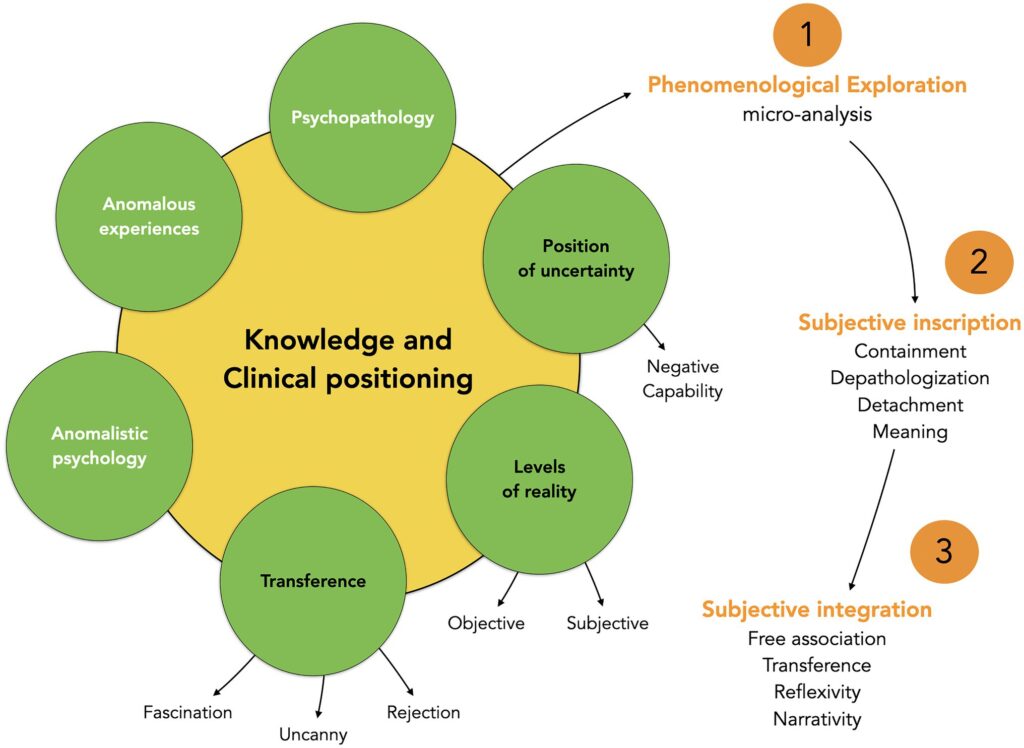
Scientific Approach to Paranormal Claims
Role of science in investigating paranormal phenomena
Science plays a vital role in investigating paranormal phenomena. Scientists strive to understand the world around us through observation, experimentation, and the collection of empirical evidence. By applying the scientific method, researchers aim to uncover natural explanations for seemingly supernatural occurrences.
Scientific methods and evidence
In studying paranormal claims, scientists employ a range of scientific methods, including controlled experiments, statistical analysis, and peer-reviewed research. They seek to replicate results, collect quantitative data, and rigorously test hypotheses. Without verifiable scientific evidence, claims of paranormal occurrences are difficult to substantiate.
Challenges in studying paranormal occurrences
Studying paranormal phenomena presents several challenges for scientists. The unpredictable nature of these occurrences makes it challenging to collect reliable data. Additionally, the subjective and personal nature of paranormal experiences makes it difficult to control variables and eliminate bias. Despite these challenges, scientists continue to explore paranormal claims in an effort to understand the unexplained.
Psychological Explanations
Human perception and sensory illusions
Many paranormal experiences can be attributed to human perception and sensory illusions. Our brains often interpret sensory information in ways that differ from objective reality. For example, pareidolia, the tendency to see patterns in random stimuli, may explain why people perceive faces or figures in ambiguous shapes or shadows.
Cognitive biases and cognitive dissonance
Cognitive biases, such as confirmation bias and the availability heuristic, can influence our interpretation of paranormal occurrences. Confirmation bias leads us to seek out information that confirms our beliefs, while the availability heuristic causes us to overestimate the frequency or likelihood of events based on readily available examples. Cognitive dissonance may also play a role, as individuals attempt to reconcile conflicting beliefs about the paranormal.
Misinterpretation of natural phenomena
Many paranormal occurrences can be explained by misinterpretations of natural phenomena. For example, mysterious lights in the sky may be misidentified as UFOs when they are actually explainable weather phenomena or man-made objects. Similarly, natural sounds or electrical disturbances can be interpreted as ghostly activity when they may have more plausible explanations.
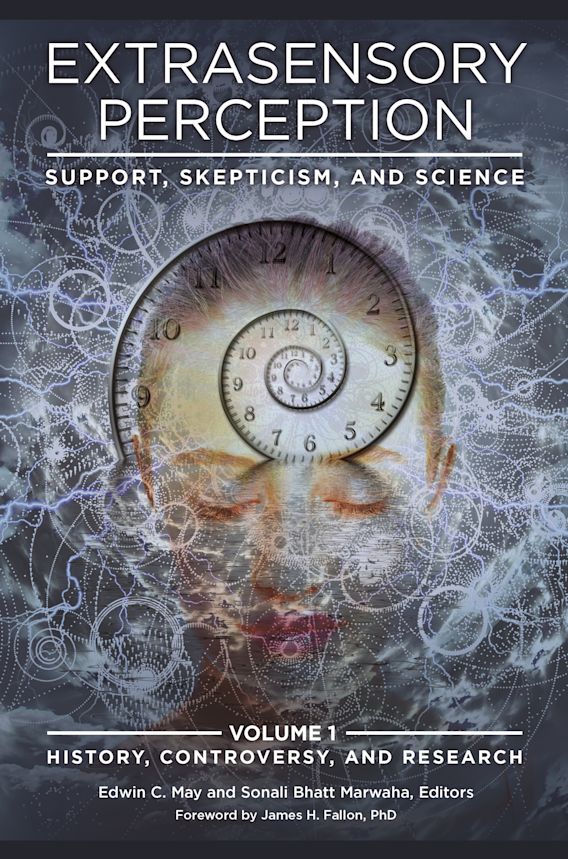
Natural Explanations
Environmental factors and natural occurrences
Numerous paranormal phenomena can be attributed to environmental factors and natural occurrences. Temperature fluctuations, electromagnetic fields, infrasound, and geomagnetic anomalies are just a few examples of environmental factors that can create strange sensations or experiences. Exploring the influence of these variables can provide more rational explanations for paranormal claims.
Weather phenomena and optical illusions
Unusual weather phenomena, such as ball lightning or mirages, can give the appearance of paranormal events. These atmospheric conditions can distort light, create unusual sounds, or create other sensory abnormalities. Similarly, optical illusions, such as the Ames room illusion or the Müller-Lyer illusion, can trick our brains into perceiving things that are not actually there.
Animal behavior and instincts
In some cases, paranormal phenomena may be linked to the behavior and instincts of animals. Claims of psychic animal communication or the ability of animals to sense supernatural beings may actually be rooted in their sharp senses and ability to detect subtle cues in their surroundings. Understanding animal behavior can provide natural explanations for seemingly paranormal events.
Hoaxes and Fraudulent Activities
History of paranormal hoaxes and scams
Throughout history, there have been numerous instances of paranormal hoaxes and scams. Individuals have fabricated evidence, staged encounters, and exploited people’s beliefs in the supernatural for personal gain. Famous examples include the Cottingley Fairies photographs and the Fox Sisters’ alleged communication with spirits. These hoaxes raise doubts about the authenticity of many paranormal claims.
Motivations behind fraudulent paranormal claims
The motivations behind fraudulent paranormal claims can vary. Some individuals may seek attention, fame, or financial gain, while others may genuinely believe in their own abilities to communicate with the supernatural. In some cases, people may exploit the vulnerability and belief systems of others for their own personal agendas.
Detecting and debunking paranormal frauds
Detecting and debunking paranormal frauds requires careful investigation and critical analysis. Scientists, skeptics, and organizations dedicated to debunking paranormal claims often play a crucial role in uncovering the truth behind fraudulent activities. By scrutinizing evidence, exposing inconsistencies, and providing alternative explanations, these efforts help separate genuine paranormal occurrences from fraudulent claims.
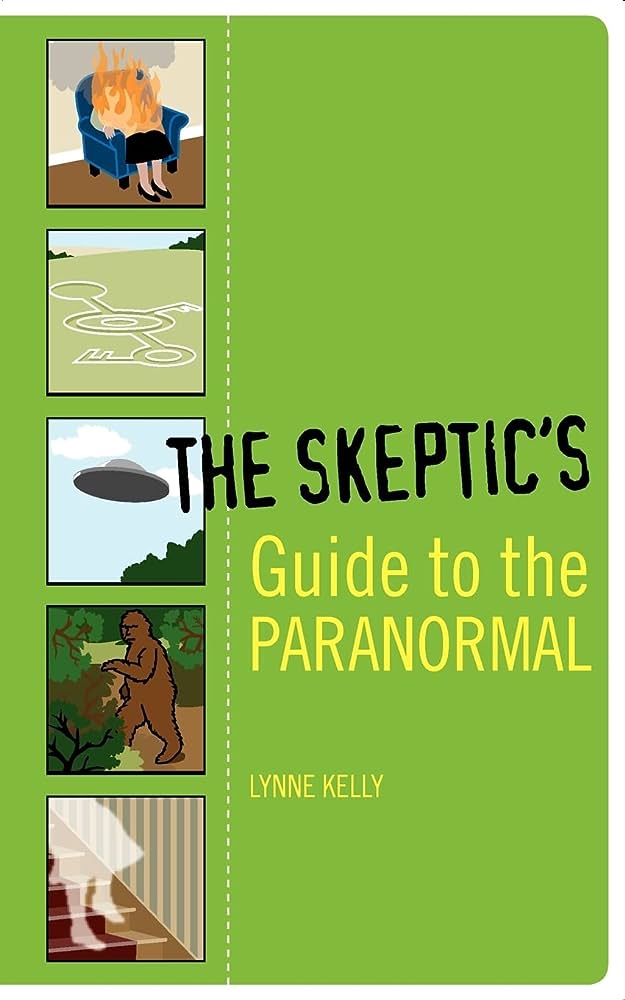
Lack of Reliable Evidence
Critique of available evidence
One of the main challenges skeptics face when evaluating paranormal claims is the lack of reliable evidence. Many accounts of paranormal experiences rely on anecdotal evidence, which is subjective and open to interpretation. Without verifiable and replicable evidence, it is challenging to determine the validity of paranormal claims.
Validity of eyewitness accounts
Eyewitness accounts can be persuasive, but they are not always reliable. The human memory is fallible and subject to distortion over time. In addition, individuals may be influenced by their prior beliefs or influenced by leading questions. Skeptics emphasize the need for corroborating evidence and controlled experimentation to validate paranormal claims.
Challenges in conducting controlled experiments
Conducting controlled experiments to study paranormal phenomena poses several challenges. The unpredictable nature of paranormal occurrences makes it difficult to create controlled conditions. Additionally, the involvement of human subjects introduces biases and placebo effects that can cloud the interpretation of results. Despite these challenges, scientists continue to refine experimental methods to increase the reliability and validity of their findings.
Psychological and Societal Factors
Psychological need for explanations and belief systems
Humans have a psychological need for explanations and a desire to make sense of the world around them. Belief in the paranormal can provide comfort and a sense of meaning, especially in the face of uncertainty and existential questions. Our natural inclination towards belief systems can influence our interpretation and acceptance of paranormal occurrences.
Role of culture and upbringing
Cultural and societal factors play a significant role in shaping beliefs about the paranormal. Cultural traditions, religious teachings, and familial upbringing can contribute to the acceptance or rejection of paranormal claims. Upbringing in a community that embraces supernatural beliefs can greatly influence an individual’s perception and acceptance of paranormal occurrences.
Media influence on shaping beliefs
The media plays a powerful role in shaping public opinion and beliefs about paranormal phenomena. Movies, television shows, books, and internet content often sensationalize and romanticize paranormal occurrences. As a result, individuals may be more inclined to accept extraordinary claims without questioning or critically analyzing the evidence presented.
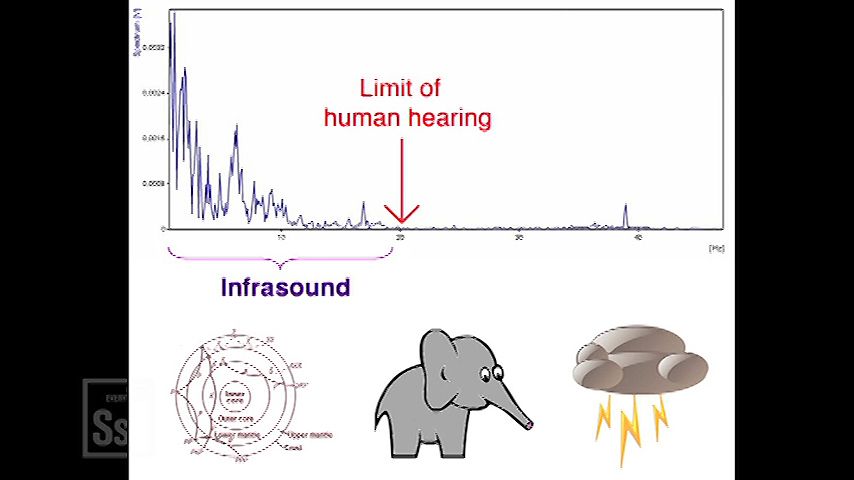
Alternative Explanations
Parapsychology and alternative theories
Parapsychology is a field dedicated to the study of paranormal phenomena. While skeptics may challenge some of the claims made by parapsychologists, this branch of science does offer alternative theories and frameworks for understanding paranormal occurrences. Parapsychologists explore phenomena such as ESP, telekinesis, and precognition, aiming to provide scientific explanations for these experiences.
Quantum physics and pseudoscientific ideas
Quantum physics has often been invoked to explain paranormal phenomena, despite criticism from skeptics and mainstream scientists. Concepts such as entanglement, wave-particle duality, and the observer effect have been extrapolated to support ideas of psychic abilities or consciousness influencing physical reality. However, these interpretations are often seen as pseudoscientific and lack empirical evidence.
Non-paranormal explanations for unusual experiences
In many cases, what may initially appear to be paranormal experiences can often be explained by non-paranormal factors. Sleep paralysis, for example, can give rise to vivid hallucinations and the sensation of being visited by otherworldly beings. Similarly, factors such as medication side effects, sleep deprivation, or mental health conditions can contribute to anomalous experiences that may be misinterpreted as paranormal.
Conclusion
In conclusion, skeptics approach paranormal occurrences with a critical and analytical mindset, seeking rational explanations rooted in scientific evidence. While the paranormal continues to capture the imagination and curiosity of many people, skepticism is a valuable tool for understanding and scrutinizing extraordinary claims. By employing critical thinking, considering alternative explanations, and fostering scientific exploration, skeptics play an essential role in uncovering the truth behind paranormal occurrences and promoting a deeper understanding of the world around us.
